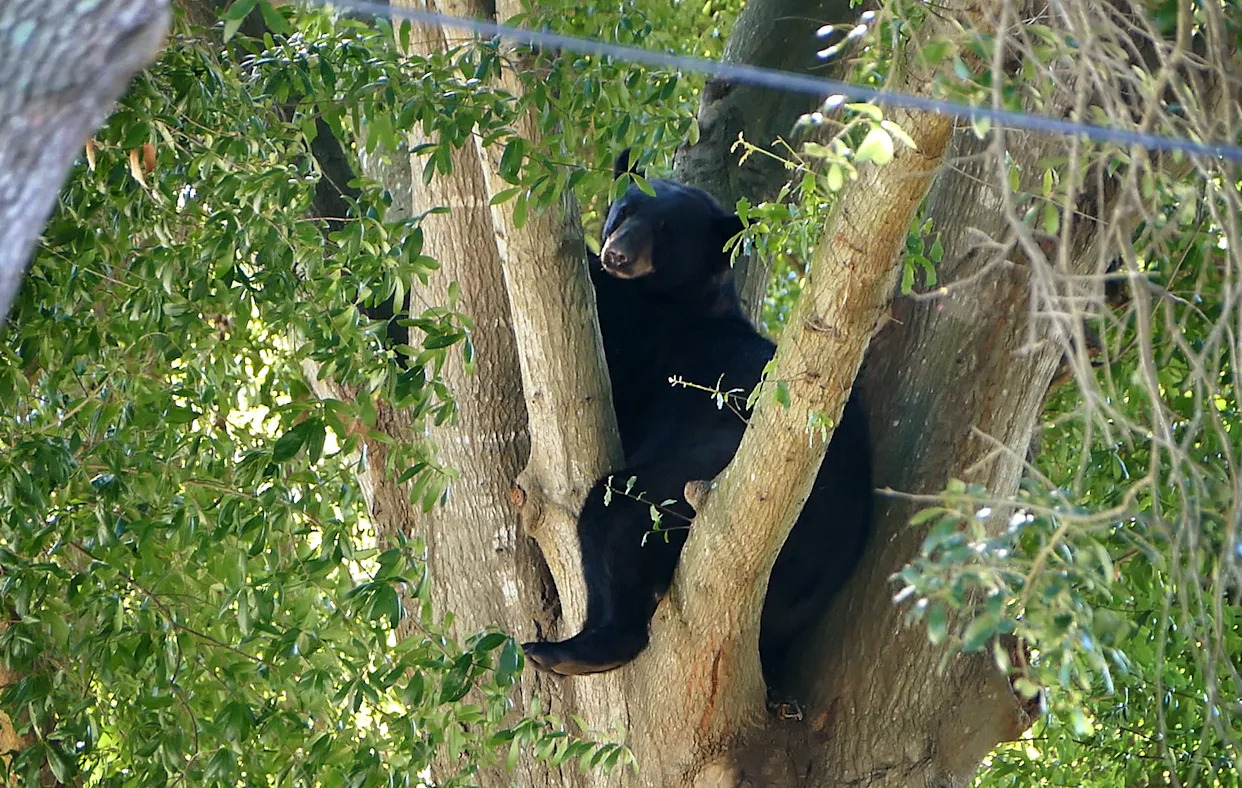Florida Resumes Black Bear Hunting Following Contentious Commission Vote

Florida wildlife officials have approved a black bear hunting season slated for December, marking the first such hunt in ten years and sparking immediate legal challenges from animal welfare advocates. The Florida Fish and Wildlife Conservation Commission (FWC) unanimously endorsed the plan on Wednesday morning following an extended public hearing held in Havana, near Tallahassee.
The regulated hunting period will span 23 days. Proponents of the resumption argue that a burgeoning black bear population—now estimated at approximately 4,000 statewide—is contributing to conflicts with human communities, necessitating intervention. Black bears were listed as a threatened species in Florida from 1974 until their status was changed in 2012, and numbers have subsequently increased steadily.
Opponents of the hunt contend that the perceived nuisance posed by bears does not warrant a culling program and express concerns about the potential for “trophy” hunting to resume. During Wednesday’s hearing, one advocate described the planned hunt as “unnecessary and cruel,” while others warned it could lead to further habitat destruction. Bear Warriors United filed a lawsuit on Tuesday evening seeking an injunction to block the FWC’s decision.
The agency intends to issue 187 permits through a lottery system, allowing hunters to utilize both archery equipment and firearms, including rifles, pistols, shotguns, and muzzleloaders. Regulations will also eventually permit the use of baiting techniques and trained hunting dogs in future seasons.
In a statement released after the vote, the FWC emphasized that managing bear populations is essential for maintaining ecological balance between animal numbers and available habitat. The commission indicated that continued population growth could strain resources in the coming years. “Slowing population growth will help balance population numbers with suitable habitat, and hunting is an important and effective tool that is used to manage wildlife populations across the world,” the statement read.









